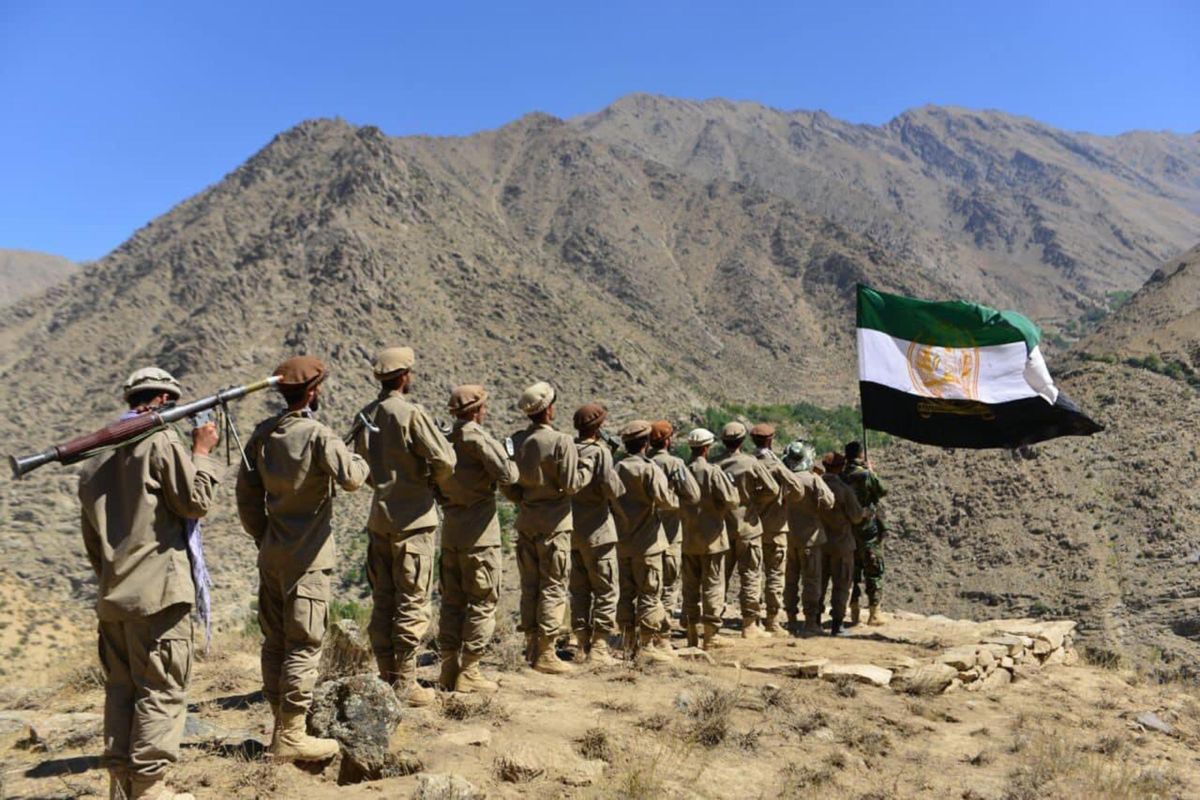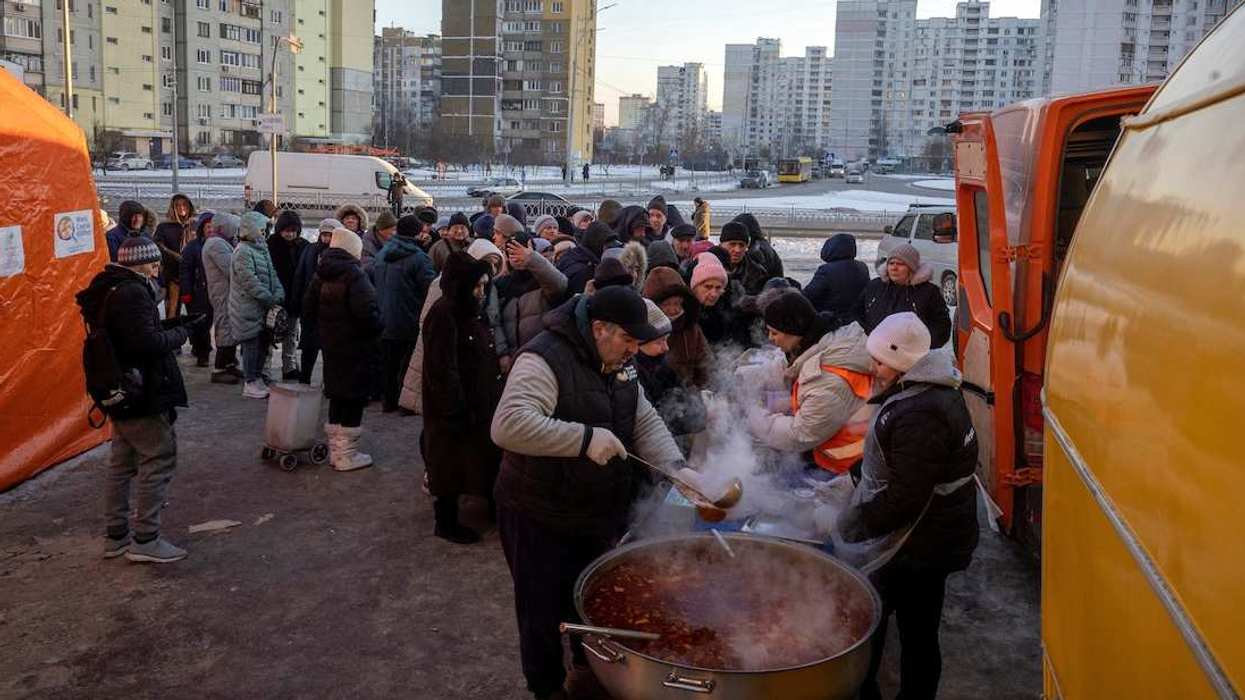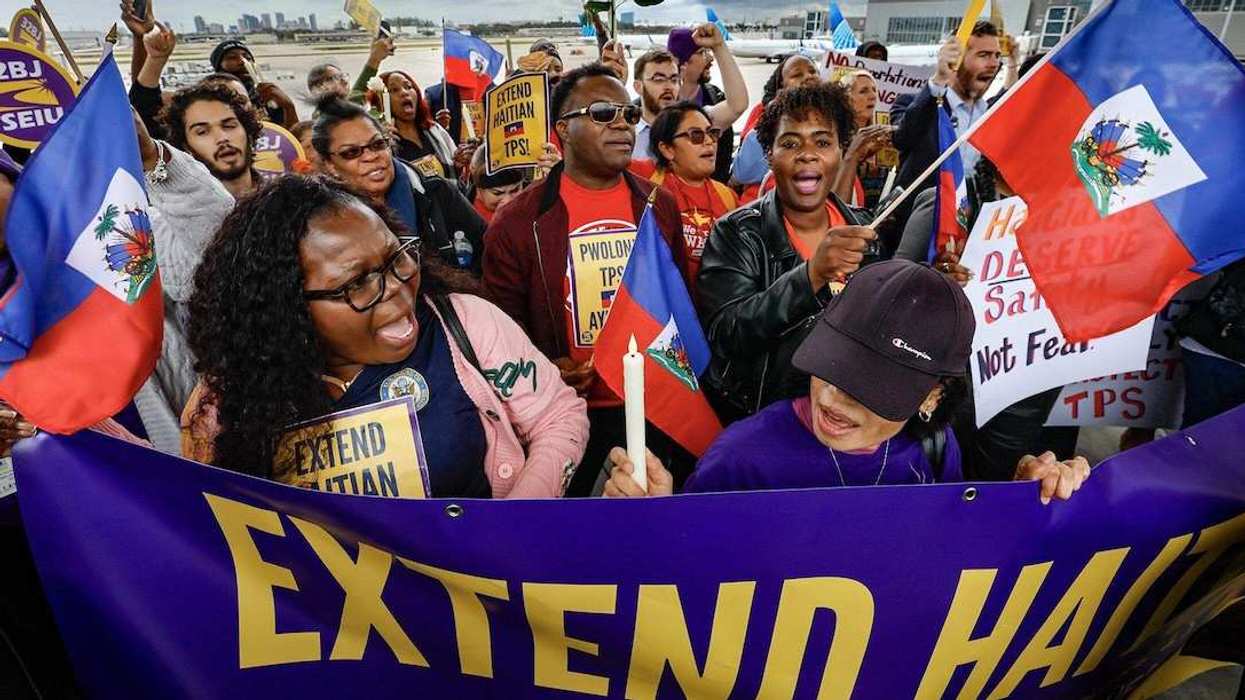A year ago, as US forces withdrew from Afghanistan, the political leadership fled and the Afghan military deserted. Meanwhile, the Taliban conducted a shock offensive, taking over most of the country in less than two weeks.
But in the north, Ahmad Massoud, the son of slain nationalist leader and Taliban enemy Ahmad Shah Massoud, retreated to the Panjshir Valley in the Hindu Kush mountains to establish the National Resistance Front. Composed of remnants of the Kabul regime and the former Afghan military, the NRF insists on being the only legitimate and democratically oriented resistance to the Taliban.
We interviewed Ali Maisam Nazary, the NRF’s head of foreign relations currently based in Turkey, about its demands, claims, and vision for an Afghanistan where the Taliban are now the de facto government — and indeed a reality.
Waj Khan: Why do you claim to be the only alternative to the Taliban?
Nazary: The NRF believes that democracy is irreplaceable inside Afghanistan, that elections and democracy are the only way; the only political system where legitimacy can be derived from and where an inclusive government can be formed where every single citizen, ethnic group, sectarian group, will see themselves in power.
The reason why Afghanistan was destabilized was because of the highly centralized political system that existed. And we saw this on Aug. 15, 2021. As soon as the president fled, the whole political system collapsed like a house of cards.
The NRF is against extremism inside Afghanistan, against terrorism of any sort, or against any terrorist group inside the country. And what we promote is moderate Islam: we believe that moderate and rational Islam that has existed in this region is on the verge of extinction if nothing happens.
Our military wing is made up of the former Afghan National Security Forces’ remnants, who are highly trained when it comes to counterterrorism, and have experience in the past 20 years fighting the same individuals: Taliban, al-Qaida, and ISIS. And so it's very important to consider this resistance as an option for a better future for Afghanistan, the region, and the international community right before the situation spills over and starts destabilizing the region and threatens global security as we saw in the late 1990s and early 2000s.
How do you defend the NRF from the critique that it’s not representative of the ethnic makeup of Afghanistan, and that its roots lie in the previous regime, which was dysfunctional and corrupt?
We believe in political and cultural pluralism in an Afghanistan where every single culture, language, and identity will be accepted, tolerated, and promoted. We are not going to favor one identity over another. The time for ethnic nationalism has ended. We have people from all walks of life, from all communities, from all ethnic groups: Sunnis and Shias, Tajiks, Hazaras, Pashtuns, and many others. We don't have a problem when it comes to showing that we are diverse.
As for us having elements and figures from the previous government: yes, we acknowledge that we have people from the previous regimes but one thing that I can tell you is the individuals from the previous government are clean individuals and experienced individuals. Not everyone in the previous government was corrupt. And we had a vast bureaucracy, with many talented individuals in the past 20 years that we've absorbed.
The same with the military forces — not all of them fled. Not all of them abandoned their resistance against terrorism, and they continued their resistance, their defense of their values, for their rights under the banner of the NRF.
You’re asking for legitimacy, funding, and weapons. But with talks failing between you and the Taliban, and your demands being met, that means perpetuating the conflict. Can Afghanistan really afford further violence?
This fight has been forced upon us. No one in the country wants war. No one in the country wants conflict. Throughout the past 30 years, since the creation and formation of the Taliban, we've shown our goodwill and our willingness to negotiate. And we've reached out our hand with an olive branch many times.
We want reconciliation and a peaceful Afghanistan. But this doesn't mean that we will surrender and succumb to their demands or accept Taliban domination. Lasting peace in Afghanistan needs conditions, which have to be met in order for us to experience peace today. Taliban dominance will never result in peace and stability.
We should solve Afghanistan's problems through negotiations, through a political settlement. But peace will only prevail if everyone sees themselves as a part of that peace process and the future political system. For this reason, we believe the only option for peace to be established in Afghanistan is through a decentralized democratic republic.
The Taliban believe the dominance of one group will stabilize the situation, which is false and exacerbating the conflict. Because of the Taliban's attitude, their unwillingness to accept Afghanistan's realities because of their narrative of dominance, the reasonable approach today is armed resistance.
So you’d rather fight than talk?
The ball is in the Taliban’s court. It's up to them if they want a political settlement, or if they're going to face our resistance for the years to come until we're able to liberate the country.
They have to change. They have to show their willingness to action that they want to solve Afghanistan's problems. They have to sever their ties with international terrorism and global jihad. They have to be willing to see all citizens equally, whether it's ethnic groups, sectarian groups, or women. They have to accept the fact that political legitimacy will only be derived through election elections in Afghanistan, through democracy. And that power has to be distributed, not centralized in Kabul or Kandahar. It has to be distributed equally throughout the country.
Last year, when the resistance was getting started, there were reports of atrocities from both sides. How do you explain that? And do you have the support and the numbers to claim to be a legitimate resistance? The Taliban say your leadership is scattered and your numbers are not potent enough.
As each day passes, the resistance is expanding, it's growing. If we take the word of Taliban that there is no fighting today, that there is no resistance, then that will be a pity as they've lost all credibility. We shouldn't judge the fighting based on their words, but their actions. If we were a small resistance, and it wasn't something serious for them, then why have they transferred thousands of troops to the north or keep changing commanders every few weeks or so. They're afraid, they fear that there is a real resistance growing in this region and elsewhere in Afghanistan as well.
We are present in 12 provinces and actively fighting in six on a weekly basis. We’re in the thousands today, with more than 4,000 forces. We have been able to take many Taliban captive and we've posted online the photos of those who we've imprisoned. We have been able to inflict high casualties and damage to their capabilities, such as shooting down one of their helicopters.


















